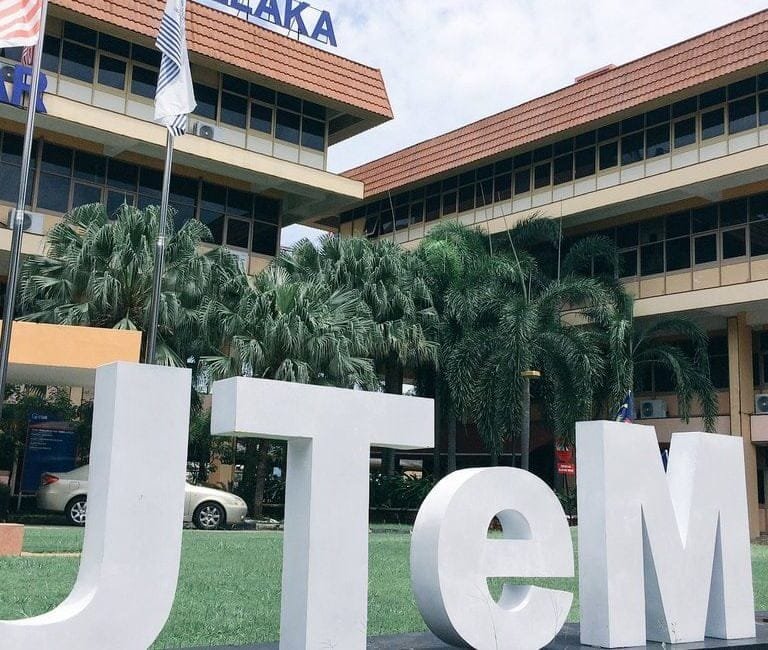About the specialty
Nanotechnology refers to a body of science, engineering, and technology that operates at the nanoscale, which equates to a range of 1 to 100 nanometers. Nanoscience and nanotechnology aim to study and apply very small systems and structures that can be used in various scientific fields such as chemistry, biology, physics, materials science, and engineering. It allows researchers and engineers to see and control atoms and molecules at the individual level.
Everything in the world, whether it is the food we eat, the clothes we wear, or the buildings we live in, is made up of atoms. However, atoms are so small that they cannot be seen with the naked eye or even using conventional microscopes.
Requirements to study in Malaysia
Entry requirements vary by university, but usually the criteria for a bachelor's degree are:
- Passing the level with a minimum grade of “D” in high school mathematics and physics.
- A score of no less than 500 on the TOEFL test and a score of no less than 5 on the IELTS.
Duration of study to study specialization in Malaysia:
Usually, a bachelor's degree takes 4 years. While the duration of study for a master’s degree is from one and a half to two years.
The most important Arab and international universities for studying nanotechnology
International universities:
- Massachusetts Institute of Technology (MIT) – United States
- University of California, Berkeley – United States
- Stanford University - United States
- University of Cambridge – United Kingdom
- University of Tokyo - Japan
Arab universities:
- King Abdulaziz University - Kingdom of Saudi Arabia
- King Fahd University of Petroleum and Minerals (King Fahd University of Petroleum and Minerals) – Kingdom of Saudi Arabia
- Alexandria University - Egypt
- Kuwait University (Kuwait University) - Kuwait
- Jordan University of Science and Technology (Jordan University of Science and Technology) - Jordan
Universities and enrollment fees:
| University Name | Class | Annual tuition fees | more details |
| MMU Multimedia University | Bachelor's degree | $5,625 | more details |
More details about the specialization:
Nanotechnology means the use of materials at the atomic and molecular level and above for industrial purposes. In the initial, comprehensive description of nanotechnology, the goal was to precisely manipulate atoms and molecules to manufacture products that range in size, which is now known as molecular nanotechnology. Later, a more general description was developed by a National Nanotechnology Initiative, which defined nanotechnology as the manipulation of matter on the nanometer scale, i.e. at least 1 to 100 nanometers.
Nanotechnology provides an opportunity for scientists and engineers to study and analyze the unique properties of materials at the nanoscale level. By using advanced tools such as scanning tunneling microscopy and atomic force microscopy, researchers have opened new doors to the development of nanomaterials with properties such as high strength, light weight, and enhanced chemical reactivity.
Thanks to the development of nanotechnology, scientists today can design and manufacture a variety of materials at the nuclear level, opening new horizons to benefit from their distinct properties in fields such as energy, medicine, electronics, and others.
What you will study is divided into several areas, including:
| First year | Second Year | Third Year | the fourth year |
| Engineering mathematics 1 | Engineering mathematics 3 | Analogue and digital | Digital integrated circuits |
| Electronics 1 | Microcontroller and microprocessor systems | Communications | Diagnostic techniques |
| Circuit theory | Circuits and signals | Optical devices | project |
| Field theory | Electromagnetic theory | Semiconductor devices | N/MEMS |
| Computer and software | Computer organization and architecture | Advanced manufacturing | Data communications and computer networks |
| Planning | Microelectronic circuit | technology | Circuits and signals |
| Engineering mathematics 2 | Analysis and design | Nanoscience | |
| Electronics 2 | Advanced microprocessors | Final project | |
| Introduction to machines and energy systems | Solid state electronics | ||
| Algorithm and data structure | Engineering mathematics 4 | ||
| Instrumentation and measurement techniques | Control theory | ||
| Digital logic design | |||
| Electronics 3 |
Skills required for accounting major:
There are some skills that these engineers must have in writing detailed reports and paper documents, as they write precise reports that describe the results of their experiments very accurately.
Also excel in the field of mathematics and physics. Students must have the ability to think creatively, rationally, logical analysis, and the skills of honesty and mastery at work. This is one of the most important reasons for the success of the nuclear engineer in this delicate field on which many, many lives and businesses depend.
Duties of a nanotechnology engineer:
- In the field of nanotechnology, nanotech engineers are rare gems, with a keen eye for detail and a constant drive to make things better. They strive to transform and store things at the cellular level to create new, tiny electronic parts.
Nanotechnology engineers seek to understand and learn new things capable of transforming health, scientific, technological and environmental fields at the molecular level. They experiment with pollutants, create powders that improve our food and medicines, study the smallest bits of DNA, and manipulate cells, proteins, and chemicals within the body.
Nanotechnology engineers take advanced materials and turn them into exciting new products, such as making inventions work better and lighter, and creating new ways to monitor and improve the environment.
- In the medical field, they create new tools that can solve problems at a molecular level, such as developing effective drugs. They are used in the precise storage and extraction of genetic and biological material for experiments and manipulation.
- In nanoelectronics, they create chips, cards, and smaller computer parts to make more efficient, less wasteful products.
















